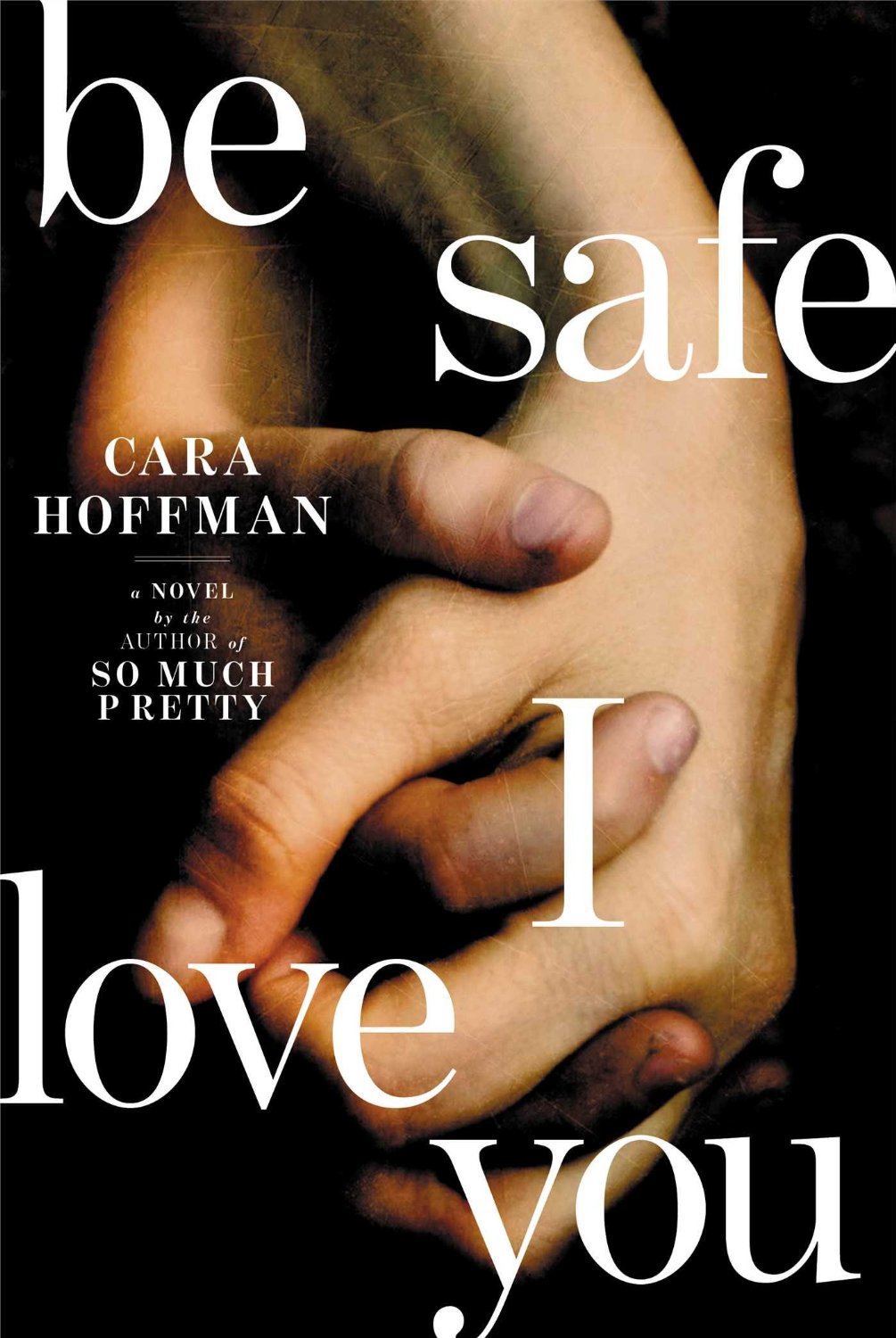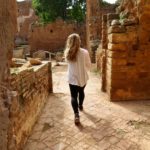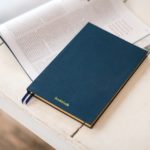Hope and Healing for Women Veterans: A Conversation with Novelist Cara Hoffman
A few weeks ago, I came across Be Safe I Love You, a new novel about Lauren Clay, a woman who returned home from duty in Iraq just in time to spend the holidays with her family. I was immediately intrigued because we so rarely hear the voices of women veterans. As I read more about Cara Hoffman, I quickly learned that Cara had done quite a bit of traveling, and I reached out to her learn more about her own story, and about the her book. Below is a glimpse into the conversation:
We were very inspired when we came across Be Safe I Love You, and were surprised to learn that so little is written about how war affects women soldiers. Would you share with Pink Pangea readers a bit about what sparked the idea to write about a woman soldier?
As a woman, and as someone from a military family, it was important to me to tell a story that I haven’t yet seen told. Women have served in some capacity in the U.S. military from the beginning of its inception, but for the first time ever we now have a significant number of women being trained, serving, fighting and returning from combat. Women currently make up approximately twenty percent of the active duty armed forces in the U.S., and almost all (95%) military occupations are now completely open to them. This is an enormous, unprecedented cultural shift in our country.
Women in the military are already having a profound effect on American culture. The media has begun to do a good job paying attention and there are non-fiction accounts, but I haven’t seen much fiction about women veterans.
I wanted to write about women coming home from war, to see these soldiers’ experiences reflected in the broader culture, and to show that they are not invisible. I wanted to give these women the respect they deserve. It also makes sense for me as a writer documenting the culture and era in which we live. If there’s any possibility that literature can offer hope or healing for women veterans, I’d hope my novel can in some small way contribute to that.
Have you received any feedback from any veterans yet? If so, what were their reactions?
I’ve received wonderful support from vets for the novel–especially women vets.
What has been the most rewarding part of publishing Be Safe I Love You so far?
Being a part of an important political conversation.
We understand that when you were a high school student you dropped out, bought a one-way ticket to London and traveled for three years through Europe and the Middle East. Would you tell us a bit about that period of your life? What gave you the courage to buy that ticket?
I bought that ticket simply because I wanted to see more of the world. I don’t think travel takes courage. It’s easier to do than staying somewhere you don’t like. I worked the entire time I was travelling, in hotels, or landscaping or other under the table jobs. I spent most of my time in the Mediterranean and the Middle East. It was a wonderful time. I slept on beaches and in train stations, met people who changed my life. I would do it again in a heartbeat.

Many women in our community ask about solo travel. Do you have any advice for readers who are thinking about traveling solo, but haven’t had the courage to do so yet?
Traveling alone is incredibly satisfying. You don’t need to consult with anyone about what you do, there’s great freedom in it. Obviously a little research is a good idea but women shouldn’t be afraid of travelling alone. Statistically the most dangerous place for a woman is in her own home.
What’s next for you?
My next novel is about homeless kids living in Athens, Greece in the late 80s.
For more about Cara Hoffman visit: www.carahoffman.com.








